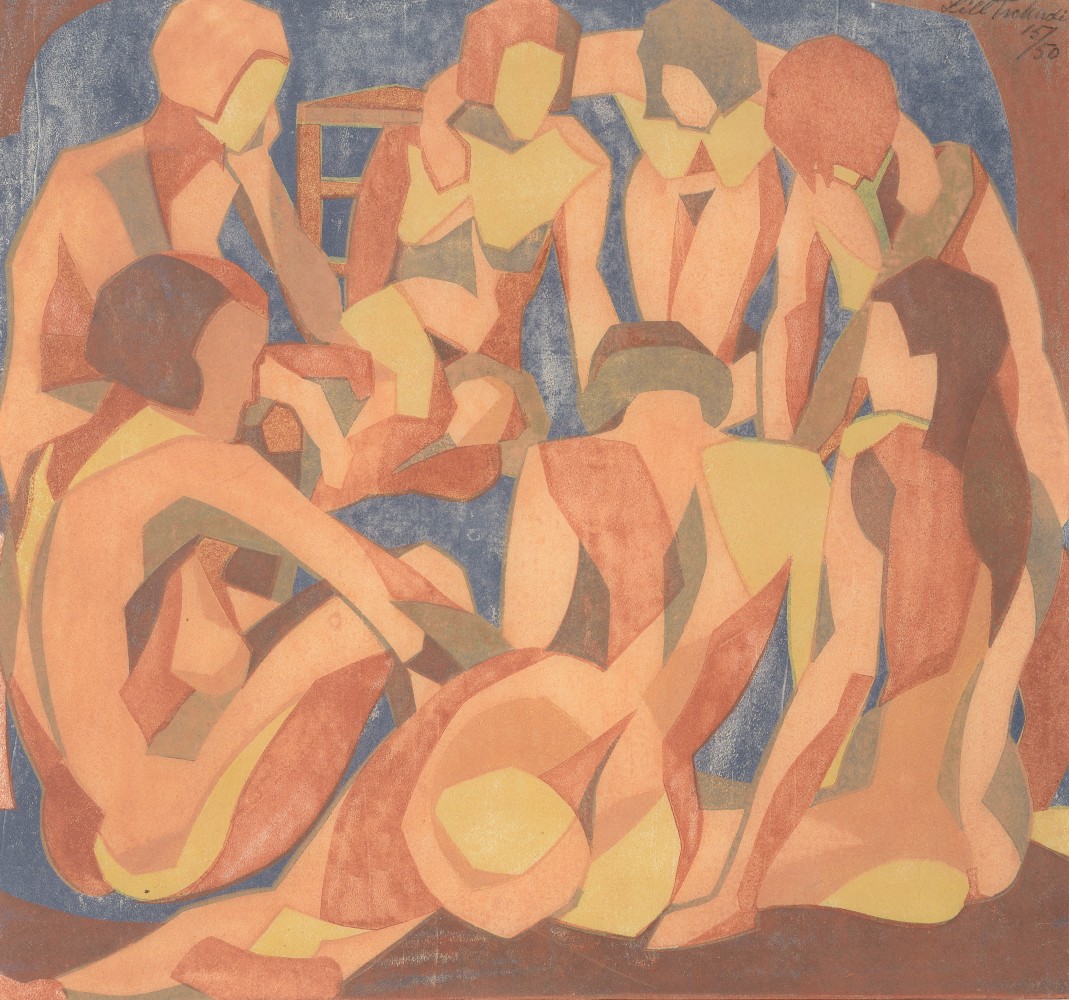Each of these might yield different rankings (the top W philosopher might have written many works with the same partner; the top A philosopher may have written one work with many co-authors; the top D philosopher might not have as many works as the top W nor as many authors as the top A; the top E might be in a similar position to the top D in regard to the others, but have a greater total number of different co-authors than the top D.)

(W) the number of works co-authored, or
(A) the number of authors with whom a philosopher has co-authored, or
(D) the number of works co-authored with different sets of co-authors?
(E) the number of works co-authored with exclusively different sets of co-authors?
The conversation started with a tweet from Joshua Miller (Georgetown) asking “Who is the most prolific specifically philosophical coauthor?” and inspiring a coauthorship contest of sorts with “We have a lifetime to compete at collaboration.”
In the wake of last week’s post about trends in co-authoring in philosophy, a discussion has been taking place on Twitter about which philosophers co-author the most.
One might expect names and numbers in response to such an inquiry, and there was some of that, but since this was a discussion among philosophers, there were some preliminary questions as to how to do the counting.

[Lill Tschudi, “Nudes”]
The good news is that we do not have to decide which of these questions to ask. They each might be interesting to learn about, so we can open up discussion on all of them. Wade on in and give us your best guesses.
[Note: shortly after it was published, this post was edited to add the “E” disambiguation.]
Are we asking about




